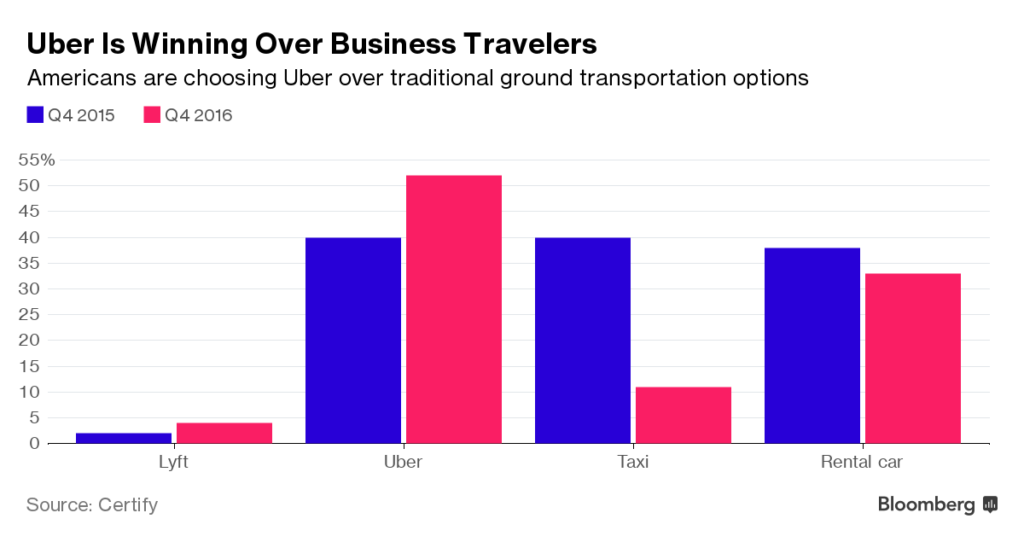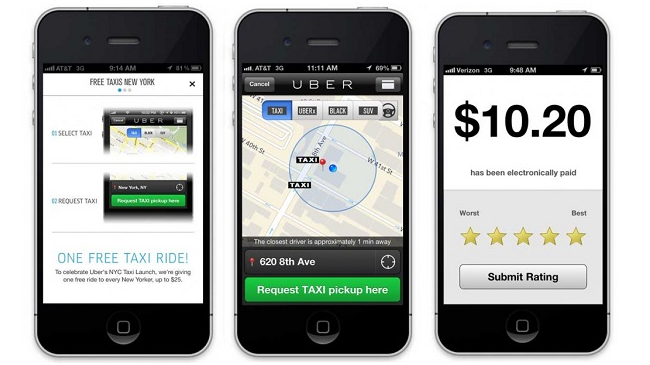Uber seems to be engaging in all sorts of business practices that aren’t above board. The latest one, however, nearly wiped out billions of dollars in revenue for the car-hailing company after Apple engineers discovered one of the tricks its app was using to “fingerprint” devices so it could continue to track them even after the app was deleted.
Obviously, this contravenes Apple’s extremely stringent privacy policies. Luckily for Uber CEO Travis Kalanick, The New York Times reported, Apple’s Tim Cook called him in for a meeting and issued an official warning to remove the tracking mechanism or have the app kicked out of Apple’s App Store – something that would have been disastrous for Uber.
The trick in question was a tool that allowed Uber to track a particular device after the app was deleted. When it was installed again, Uber could identify the device. The “fingerprinting” tool, said Uber, was needed to monitor fraudulent activity – essentially, to disallow users from just deleting the app and starting over again.
After the warning, Uber says it has changed the tool – not removed it – to comply with Apple’s rules. That means it might still be able to track phones after the app is deleted.
As of now, Apple has not removed the app, which means they’re okay with the app as long as it complies with their policies. But if it’s still able to track phones once the app is gone, how does that help the user? Unfortunately, there’s little clarity on what exactly transpired after the meeting between Cook and Kalanick.
Uber holds in excess of 84 percent market share in the car-hailing business in the United States, with the business traveller segment being an extremely strong suite.

If Apple engineers hadn’t spotted the activities of the fingerprinting tool, Uber might likely have left it running on hundreds of millions of iPhones around the country. While it is their prerogative to control fraud and monitor activity, doing it without Apple’s permission would merit being blocked from the App Store.
We don’t have visibility on what changes have been made to the car-hailing app to make it more acceptable to Apple, but users are likely to be very uncomfortable with the thought that there could be other apps like Uber’s tracking them without their knowledge or consent.
More than highlight Uber’s business practices, however, the incident points to holes in Apple’s monitoring system for apps. If a massively popular app like Kalanick’s can slip through the nets and violate Apple’s privacy policies for so long before being detected, what about the hundreds of thousands of less well-known apps that pepper the App Store landscape? Any one of those apps could be tracking your device or your location, and you might not even know of it.
Hey, would you do us a favor? If you think it’s worth a few seconds, please like our Facebook page and follow us on Twitter. It would mean a lot to us. Thank you.



